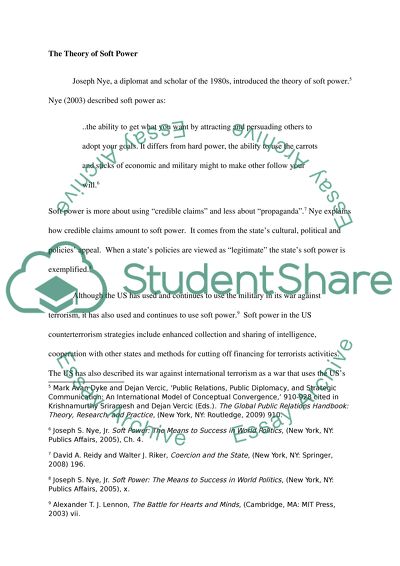Cite this document
(“Why is so much expected of soft power these days Essay”, n.d.)
Retrieved from https://studentshare.org/history/1393672-why-is-so-much-expected-of-soft-power-these-days
Retrieved from https://studentshare.org/history/1393672-why-is-so-much-expected-of-soft-power-these-days
(Why Is so Much Expected of Soft Power These Days Essay)
https://studentshare.org/history/1393672-why-is-so-much-expected-of-soft-power-these-days.
https://studentshare.org/history/1393672-why-is-so-much-expected-of-soft-power-these-days.
“Why Is so Much Expected of Soft Power These Days Essay”, n.d. https://studentshare.org/history/1393672-why-is-so-much-expected-of-soft-power-these-days.


